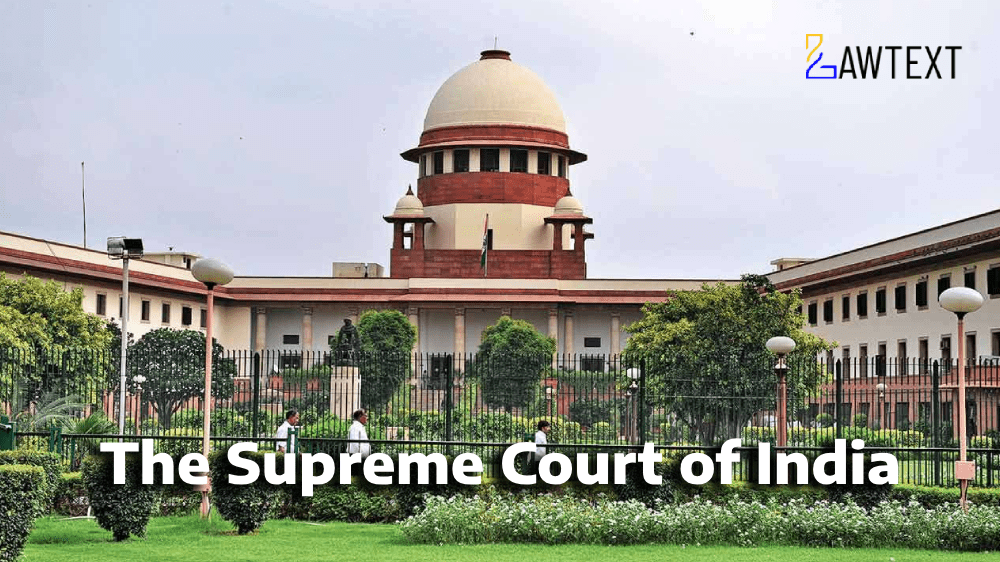

Continuing Offence:– The offence of money laundering under the PMLA is a continuing offence, and the liability extends as long as the proceeds of crime are concealed, used, or projected as untainted property. The relevant date for determining the offence is when the accused engages in activities connected to the proceeds of crime, not the date of the predicate offence. (Paras 21-25, 29-34)
Retrospective Application:– The PMLA can be applied to acts of money laundering that continue after the enactment of the Act, even if the predicate offences occurred before the PMLA came into force. The Court relied on the judgment in Vijay Madanlal Chaudhary v. Union of India to hold that the offence of money laundering is independent of the date of the predicate offence. (Paras 23-24)
Statutory Threshold:– The amount involved in the alleged money laundering far exceeded the statutory threshold of Rs. 30 lakhs, as required under the unamended PMLA. The Court held that the determination of the threshold must be based on the totality of the financial transactions and not isolated instances. (Paras 26-29)
Discharge Application:– The Court held that in cases involving serious economic offences, judicial intervention at a preliminary stage should be exercised with caution. The appellant’s discharge application was rightly rejected, and a full trial was necessary to establish the extent of the alleged wrongdoing. (Paras 30-36)
The Supreme Court dismissed the appeal, holding that the offence of money laundering under the PMLA is a continuing offence and that the PMLA could be applied as long as the proceeds of crime were in circulation. The Court also found that the amount involved exceeded the statutory threshold, and the appellant’s discharge application was rightly rejected.
Major Acts:
Prevention of Money Laundering Act, 2002 (PMLA) – Sections 3, 4, 24, and Schedule.
Code of Criminal Procedure, 1973 (CrPC) – Section 227.
Indian Penal Code, 1860 (IPC) – Sections 217, 409, 465, 467, 468, 471, 476, 120-B.
Prevention of Corruption Act, 1988 (PC Act) – Sections 7, 11, 13(1)(B), 13(2).
Subjects:
Money Laundering – Continuing Offence – Retrospective Application – Proceeds of Crime – Discharge Application – Economic Offences – Hawala Transactions – Predicate Offences – Financial Misconduct – Judicial Scrutiny.
Facts:
Nature of the Litigation:– The appellant, Pradeep Nirankarnath Sharma, challenged the dismissal of his discharge application in a money laundering case under the Prevention of Money Laundering Act, 2002 (PMLA). The case arose from allegations of financial misconduct and misuse of power during his tenure as a government official, leading to significant financial losses to the State of Gujarat. The appellant was accused of facilitating money laundering through fraudulent land allotments and other financial transactions, which were allegedly linked to proceeds of crime.
Who is Asking the Court and for What Remedy?
The appellant sought discharge from the PMLA case, arguing that the alleged predicate offences predated the enactment of the PMLA and that the provisions of the Act could not be applied retrospectively. He also contended that the amount involved did not meet the statutory threshold for initiating proceedings under the PMLA.
Reason for Filing the Case:– The appellant filed the appeal after the High Court of Gujarat dismissed his criminal revision application, upholding the Special Judge’s order rejecting his discharge application. The appellant argued that the allegations were baseless and that the PMLA was being applied retrospectively.
What Has Already Been Decided Until Now?
The Special Judge (PMLA) rejected the appellant’s discharge application, holding that there was prima facie evidence of his involvement in money laundering. The High Court upheld this decision, stating that the material on record indicated the appellant’s involvement in the alleged offence.
Issues:
Whether the offence of money laundering under the PMLA is a continuing offence, and whether the PMLA can be applied retrospectively?
Whether the amount involved in the alleged money laundering exceeded the statutory threshold under the PMLA?
Whether the appellant’s discharge application should be allowed at the pre-trial stage, given the nature of the allegations and the evidence on record?
Submissions/Arguments:
Appellant’s Submissions:– The alleged predicate offences occurred before the PMLA came into force or before the relevant offences were included in the PMLA schedule. Therefore, the PMLA could not be applied retrospectively. The amount involved did not meet the statutory threshold of Rs. 30 lakhs, as required under the unamended PMLA. The appellant was falsely implicated, and the allegations were based on assumptions and conjectures without direct evidence linking him to the proceeds of crime.
Respondent’s Submissions:– The offence of money laundering is a continuing offence, and the PMLA applies as long as the proceeds of crime are in circulation or being utilized. The amount involved far exceeded the statutory threshold, with the total proceeds of crime amounting to over Rs. 1.32 crores. The appellant’s involvement in financial transactions linked to proceeds of crime continued well beyond the initial commission of the predicate offences.
Citation: 2025 LawText (SC) (3) 170
Case Number: CRIMINAL APPEAL NO. OF 2025 (@ SLP (CRL.) No.6185 OF 2023)
Date of Decision: 2025-03-17
Case Title: PRADEEP NIRANKARNATH SHARMA VERSUS DIRECTORATE OF ENFORCEMENT & ANR.
Before Judge: (VIKRAM NATH J. , PRASANNA B. VARALE J.)
Appellant: PRADEEP NIRANKARNATH SHARMA
Respondent: DIRECTORATE OF ENFORCEMENT & ANR.